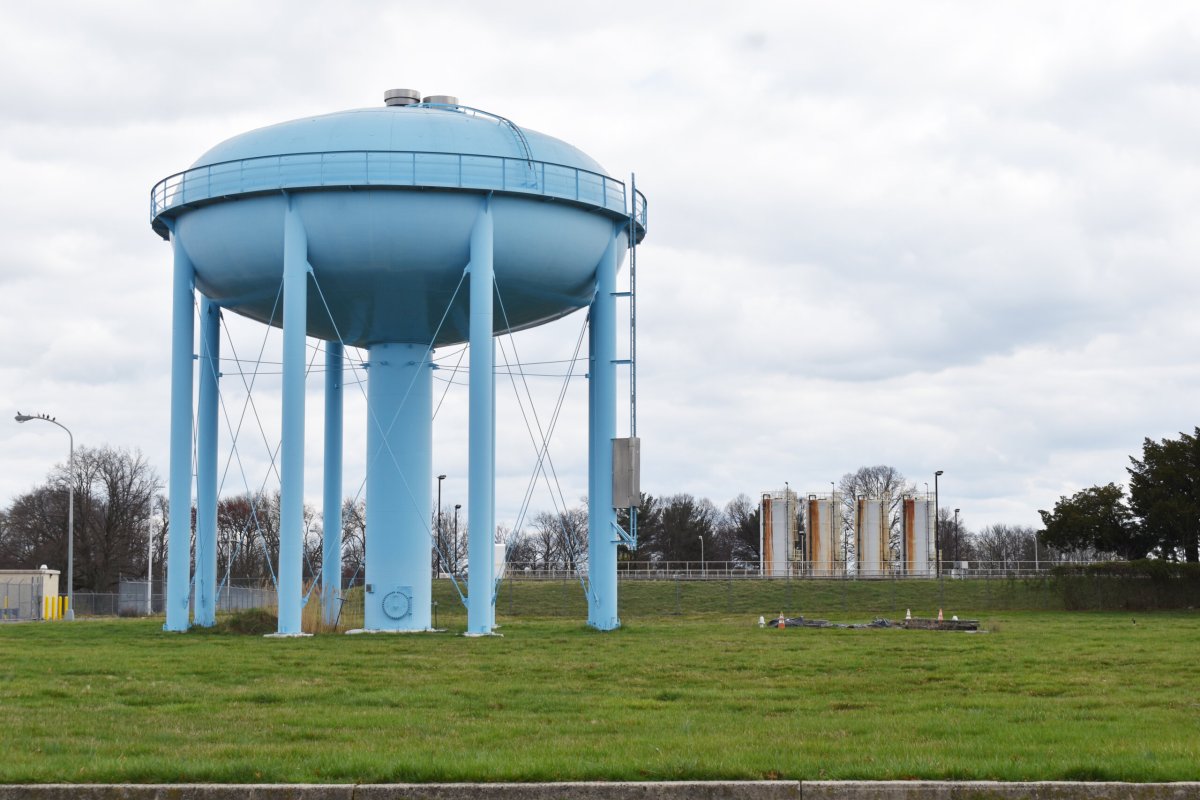NEW DELHI (Reuters) – China has deployed large numbers of troops and weapons along a disputed Himalayan border in violation of bilateral agreements, India’s foreign ministry said on Thursday, accusing Beijing of escalating tensions and triggering a deadly clash last week.
“At the heart of the matter is that since early May the Chinese side had been amassing a large contingent of troops and armaments along the LAC,” ministry spokesman Anurag Srivastava said in a briefing in New Delhi, referring to the Line of Actual Control, the de facto border.
“This is not in accordance with the provisions of our various bilateral agreements,” he said, including a 1993 treaty that dictates that both sides will maintain limited border deployments.
China has blamed India for the clash – the deadliest between the two nuclear armed neighbours for at least five decades – and said Indian troops attacked Chinese officers and soldiers.
Responding to the heightened Chinese presence last month, India also deployed a large number of troops along the LAC, Srivastava said, leading to face-offs in the Ladakh region of the Western Himalayas.
On June 15, Indian and Chinese troops brawled for several hours in the Galwan Valley, using stones and sticks with nails embedded in them to beat each other, killing 20 Indian soldiers and injuring at least 76 more. China has not disclosed how many casualties its troops suffered.
After senior military commanders held parleys this week, both sides have since agreed to disengage their troops on the disputed border.
But in satellite images reviewed by Reuters, China appears to have added new structures near the site of the Galwan Valley clash that India says is on its side of the LAC. These include camouflaged tents or covered structures and a potential new camp under construction with walls or barricades.
(Reporting by Devjyot Ghoshal, editing by Alasdair Pal and Alexandra Hudson)





















